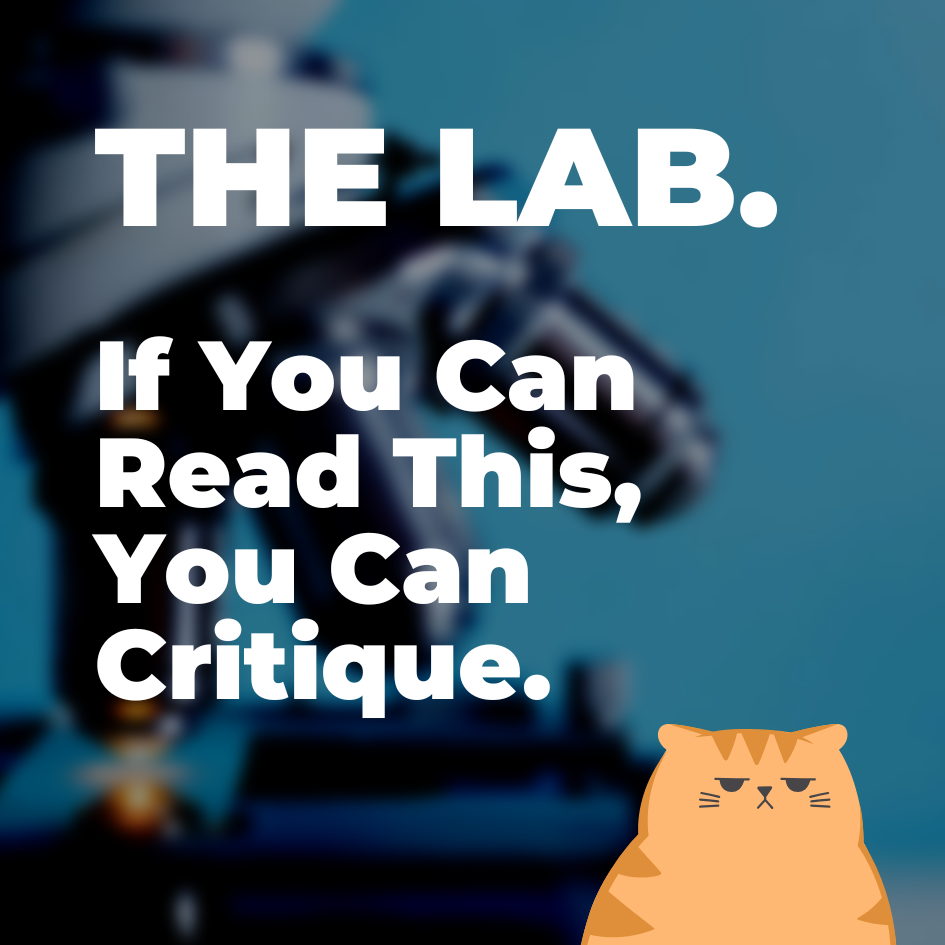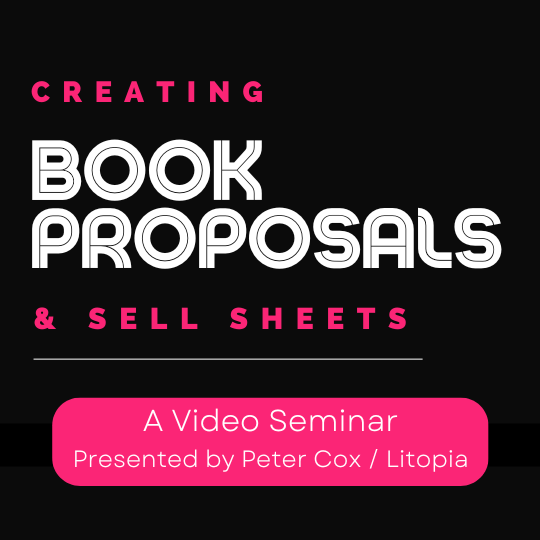One of the reasons I’m a bit on the tardy side at the moment (I think I’ll always be known as the late PC) is the way my job as a lit agent is mightily changing. I don’t want to go into this too much at the moment (I will in due course, though) – but increasingly, I find myself involved in deep contractual work.
I’ve concluded two film deals this year, so far, which isn’t personally bad considering ‘flu etc. A film contract is always massively more complex than a book deal (I regularly chatter on about this on The Debriefer). With the way publishing is going, it is ever more important for agents to find new ways of making money for their clients and film/tv is certainly one.
But also, I find that I’m increasingly unpicking publishing contracts. Deals that may have been done just a few years ago, for the length of copyright (author’s life + 70 years in the UK). In the past, that was a normal contract... today, it is often no longer appropriate to tie up your work in this way. And certainly, things like electronic royalties need very careful looking at.
How easy is it for a writer to change publishers, and indeed change agents on a contract? In the past, hardly every happened. But in today’s world, it will become much more common. Most contracts, though, make it hard to do. So that’s where much of my effort has been going so far this year. Questions welcome.
I’ve concluded two film deals this year, so far, which isn’t personally bad considering ‘flu etc. A film contract is always massively more complex than a book deal (I regularly chatter on about this on The Debriefer). With the way publishing is going, it is ever more important for agents to find new ways of making money for their clients and film/tv is certainly one.
But also, I find that I’m increasingly unpicking publishing contracts. Deals that may have been done just a few years ago, for the length of copyright (author’s life + 70 years in the UK). In the past, that was a normal contract... today, it is often no longer appropriate to tie up your work in this way. And certainly, things like electronic royalties need very careful looking at.
How easy is it for a writer to change publishers, and indeed change agents on a contract? In the past, hardly every happened. But in today’s world, it will become much more common. Most contracts, though, make it hard to do. So that’s where much of my effort has been going so far this year. Questions welcome.



